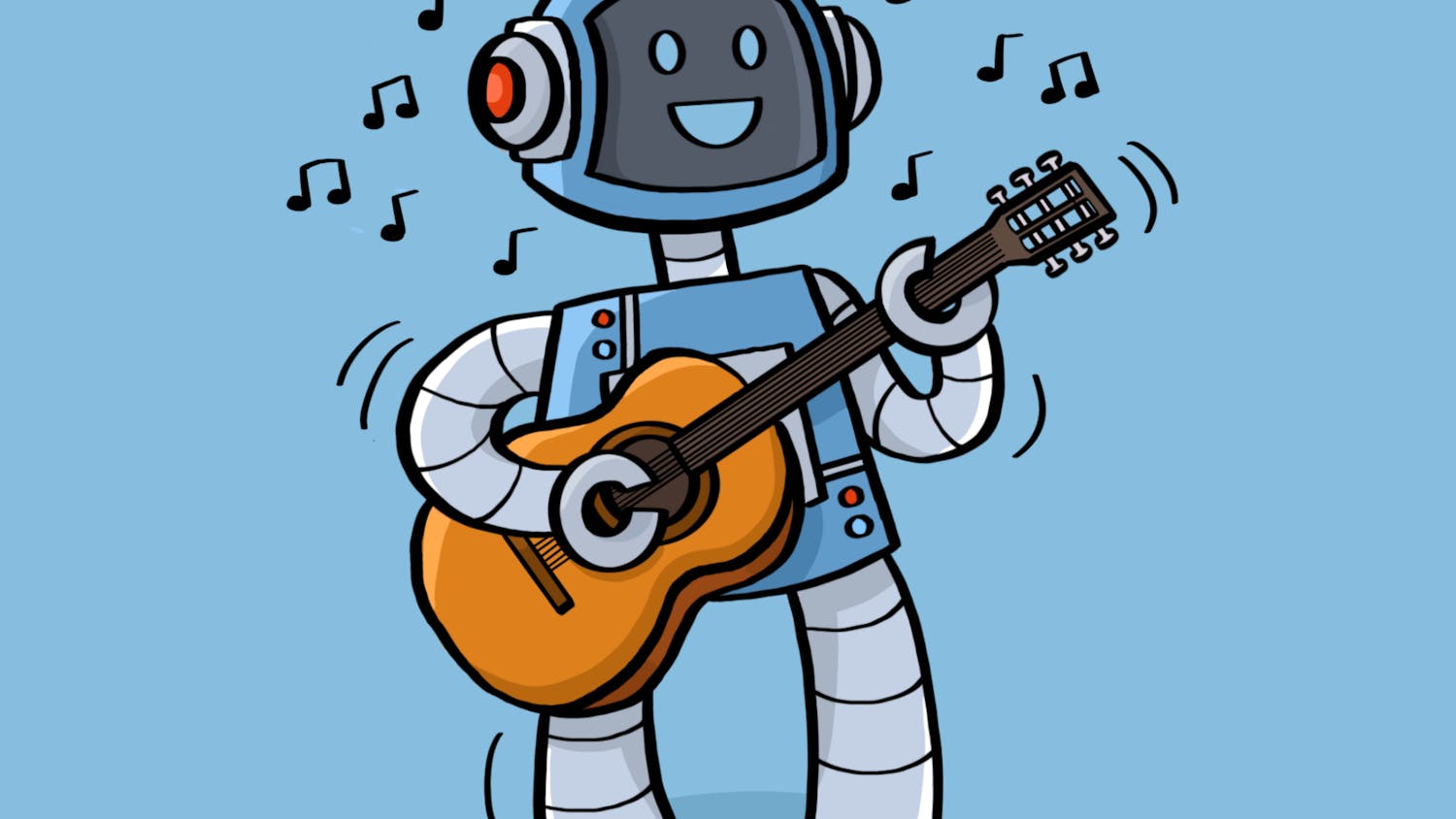Between the upcoming presidential election, recent mass shootings and increasing international tension, the pressure to be well-informed is higher now than ever.
From breaking news stories every day to an infinite supply of TikToks and Instagram Reels, there’s no shortage of information to consume. Additionally, debates with friends, families and strangers — and maybe even Charlie Kirk — add to the stress of keeping up with the news.
While social media might make staying up to date a simple task, it’s time to reconsider the extent of our obligation to stay informed.
As college students, we are expected to stay informed about political affairs. It’s our responsibility to learn about the world we’re entering so that we can create the change we want to see.
In order to do this, it’s important that we spend time consuming media. Sometimes, though, this responsibility can cross our boundaries and begin to affect our mental health. In the past, the overconsumption of media has left me feeling hopeless and directionless, putting my mental health at risk.
Even though it is important and easy to stay well-informed, it’s even more important to preserve your mental health. The negative effects the media can have on mental health make it important to take a step back and consider taking a break from mass consumption of the media.
Last year as a freshman at the University of Wisconsin-Madison, I put pressure on myself to stay up-to-date with the news. I spent hours on social media and news outlets researching global conflicts, learning about presidential candidates and studying the history of social issues in the United States. I went in-depth on Israel’s occupation , the history of capitalism in the United States and the struggles of third-world countries globally. While I started to feel better about my level of political knowledge, I started to feel worse.
As I dove deeper into the world of politics, I continued to find more issues I was dissatisfied with. I did my best to participate on campus and voice my opinion to friends, family and social media, but despite my efforts, I had little influence on the things that I deeply cared about — I was devastated. I felt trapped on the internet, cursed to learn about things that I wanted to change with little power to do so.
I was at a dead end, left with the anxiety of the world’s issues and no outlet. But as I reached out to friends and did more research, I learned that I wasn’t alone.
In 2022, the American Psychology Association published an article covering ways to cope with overconsumption of the media.
In the article, psychologist Dr. Don Grant shared his observations on the effects of media overload on teenagers. Because of social media, competition for attention is at an all-time high. This has led news sources to use more negative headlines to get more clicks. As young adults are exposed to increasing amounts of negativity, their emotional distress also rises.
This might sound discouraging — and a little ironic — but there is an answer to dealing with the pressure of media overconsumption. Take a break.
At first you might feel guilty to step away. Being well-informed comes with a sense of pride and accomplishment. There is a feeling that you are helping yourself and others by being knowledgeable. While this might be true, the most important thing you can do is make sure that you are taken care of.
While it is honorable to empathize deeply with the world’s problems, you have a right to live a happy life. If that means stepping away from the media and taking a break from being informed, that is perfectly acceptable, and probably the right decision.
No one’s saying you should completely remove yourself from the world of politics. Have opinions, keep up with current events and vote in November. But the next time you find your mental health suffering in an attempt to be well-informed, take a break, and focus on your happiness: you deserve it.
Michael Dougherty is a Sophomore studying history and journalism. Do you agree that "taking a break" from being informed is acceptable in pursuit of preserving our mental health? Send all comments to opinion@dailycardinal.com.






